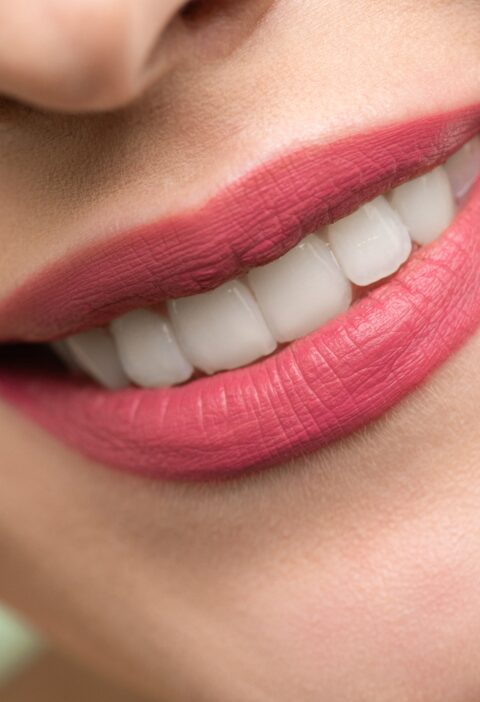Alcohol interferes with the brain’s natural healing response and should not be consumed by anyone recovering from a TBI. Know the dangers of mixing alcohol and head injuries. This is particularly true if the person is experiencing concussion symptoms.
Studies show that people who are sober when they get hurt tend to recover faster than those who drink. However, recovery after TBI is more complicated than we once thought and drinking can make the problem worse.
1. Increased Risk of Serious Injuries
People who drink alcohol are at a higher risk of injury, especially when they fall. This is because alcohol affects your vision, coordination and balance.
It can also make it harder to tell if you’ve had a head injury. The slurred speech and poor memory caused by alcohol can sometimes look like the symptoms of a brain injury, making it hard for healthcare professionals to diagnose an injury correctly.
People who drink after a TBI are more likely to experience another one in the future. This is because drinking makes it harder for the brain to heal and recover. The best way to reduce your risk of having a brain injury is by not drinking after a TBI. This can help you avoid serious problems down the road, such as seizures and depression.
2. Increased Risk of Addiction
People who drink heavily before a brain injury are a high risk for addiction even after a TBI. They may find it difficult to quit drinking, even when they know that it’s not good for them. They may feel that they have no other choice, especially if they work in a dangerous profession.
Alcohol also interferes with the brain’s natural healing process and can cause recovery to slow down or stop. TBI survivors who continue to drink are 3-8 times more likely to suffer another brain injury.
Many parents and carers find it difficult to talk to teenagers about the risks of alcohol, but it’s important that they are aware of these dangers. This information can help them make better decisions about their drinking.
3. Increased Risk of Seizures
A common side effect of brain injuries is seizures. Drinking alcohol lowers the threshold for seizures and stops anti-seizure medications from working as well as they should. It also increases the risk of having a seizure while walking or riding a bicycle as a result of poor balance and coordination. People who have had a TBI are 3-8 times more likely to suffer from another one while under the influence of alcohol.
Teenagers are also at a higher risk for seizures because their bodies respond to alcohol differently than adults’ bodies do. Drinking alcohol with prescription medicines such as pain pills and anxiety medicines can multiply the dangers because they can affect how well your body responds to them. This can lead to a dangerously high blood pressure or even a life-threatening heart attack.
4. Increased Risk of Depression
People who have suffered a brain injury are already at risk of having times where they feel down or depressed. Alcohol and other drugs can make these feelings worse.
People with a brain injury can already have problems with balance, walking and talking. Alcohol can aggravate these difficulties and cause other problems such as confusion, hallucinations and paranoia.
Even a small amount of alcohol can affect the frontal lobes of the brain, which are responsible for things like thinking and emotion. This can lead to depression and also affect a person’s behavior and decision-making abilities.
Some types of alcohol can be used to ease symptoms of depression, but this should only be done with a doctor’s approval. It is best for a person to avoid drinking altogether and instead use other methods of coping with their depression.
5. Increased Risk of Death
Teenagers who have experienced a head injury are already more likely to drink excessively than adults. They are also at greater risk for future brain injuries, since their drinking can lead to behaviour that causes accidents. This can include walking and talking quickly, riding a bike or driving.
Alcohol slows down or stops the brain’s ability to repair itself. It can also damage dendrites, which are responsible for sending messages between neurons. This can cause problems for anyone, but it is even more dangerous for people with brain injuries.
There is no safe level of alcohol consumption after a head injury. This is particularly important for people who are taking certain prescription medications, because it can make them less effective and increase their side effects.







